
A Cosmic Journey of the Heart: "Elio"
Pixar´s spacebound hero tackles isolation, identity, and the search for belonging...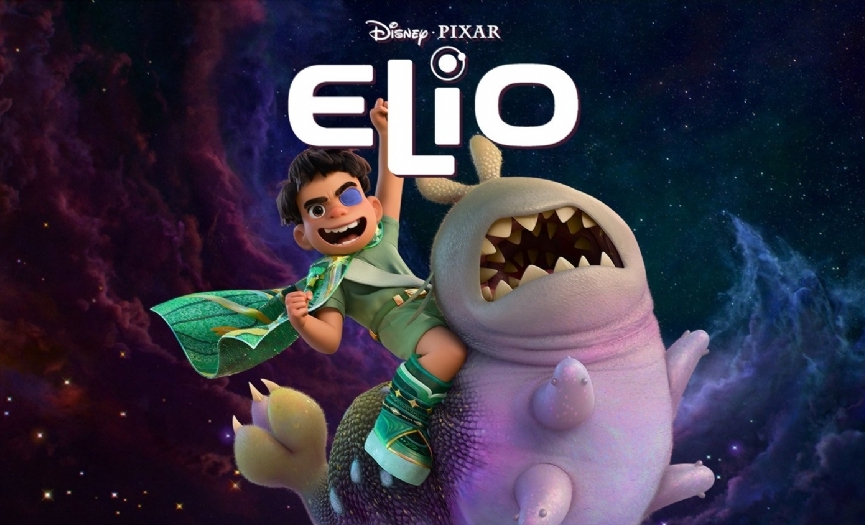
By Bessy ADUT
Pixar’s latest animated feature, Elio, might be packaged as a kid-friendly space adventure, but beneath its whimsical surface lies a surprisingly emotional meditation on grief, identity, and what it means to feel like an outsider, in your own home, your own planet, or even your own skin.
Directed by Adrian Molina (Coco co-director), a fellow CalArts alum, Elio is a rare animated feature that doesn’t shy away from the emotional terrain of childhood loneliness. The film taps into a long lineage of misfit-kid tales (E.T., The Iron Giant, Lilo & Stitch) but retools it with a distinctly modern and heartfelt sensibility, where empathy, not action, saves the day.
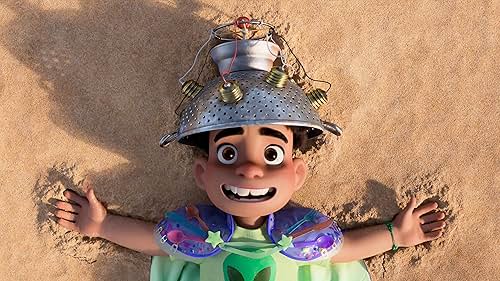
Elio, a dreamy and socially isolated boy, lives with his mother, Olga (a determined Air Force commander and single parent, voiced with gravitas and warmth), who is training to become an astronaut. Their dynamic is already unusual, but what really sets Elio apart is his inner life—one rooted in loss, curiosity, and a desperate yearning to connect beyond the boundaries of Earth. That yearning finds its shape in his obsession with Voyager 1 and the Golden Record, a real-world artifact that, much like this film, seeks to say: “This is who we are.”
As someone with a Turkish-Jewish background and a love for science fiction, I found Elio deeply resonant. Though not explicitly Jewish, the film’s themes echo diaspora stories: the ache of exile, the fantasy of being chosen, the idea of returning home transformed. Elio is a young soul navigating two worlds, Earth and space, childhood and adulthood—seeking meaning, belonging, and someone who understands him.
When Elio is accidentally abducted and transported to the “Communiverse,” a galactic council of extraterrestrial beings who mistake him for Earth’s ambassador, he’s finally seen, but not quite understood. There’s an aching irony here: Elio is validated by alien civilizations, yet struggles to be heard by his peers on Earth. His clone, a soulless ideal version of himself, is embraced more easily than the real Elio ever was. The metaphor writes itself.
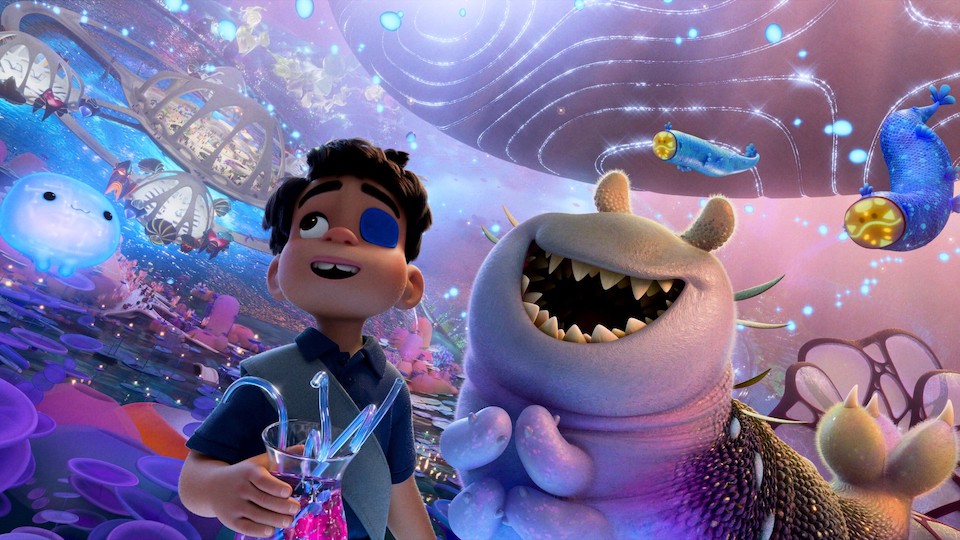
The film finds its emotional core not just in spectacle but in relationships, especially between Elio and Glordon, a misunderstood alien who also struggles with paternal expectations. Their dynamic opens up a surprising space for honest conversation about parental pressure, isolation, and emotional resilience.
Visually, Elio is stunning but restrained. Pixar’s design choices lean into abstraction and expressionism over hyperrealism, which suits a film so driven by emotion. There’s something painterly and intimate about this world, less Marvel, more Miyazaki-meets-cosmic scrapbook.
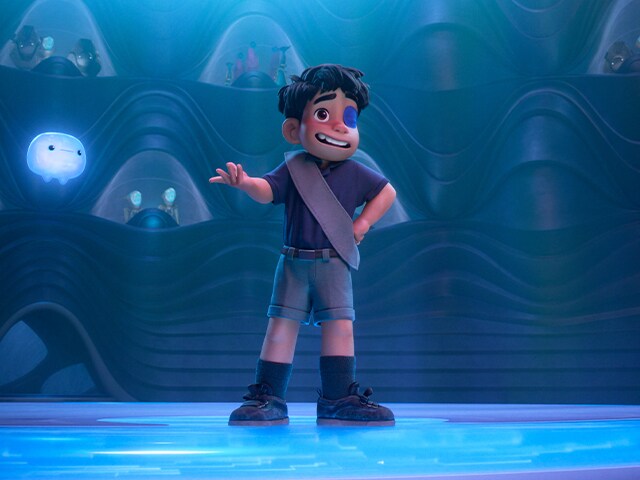
In its final act, Elio reminds us that true courage isn’t about running away from who we are, it’s about returning home with new eyes. Like The Wizard of Oz or Alice in Wonderland, this is a journey of emotional self-discovery. The fact that it happens in space only makes it sparkle brighter.
Pixar has always known how to reach adults through animation, but Elio stands out for how subtly and soulfully it approaches themes like grief, identity, and self-worth. If voters are paying attention, this film belongs in next year’s Oscar conversation.

Watch it with kids. Watch it for your inner child. Or better yet, watch it with a friend who also once dreamed of galaxies far, far away.
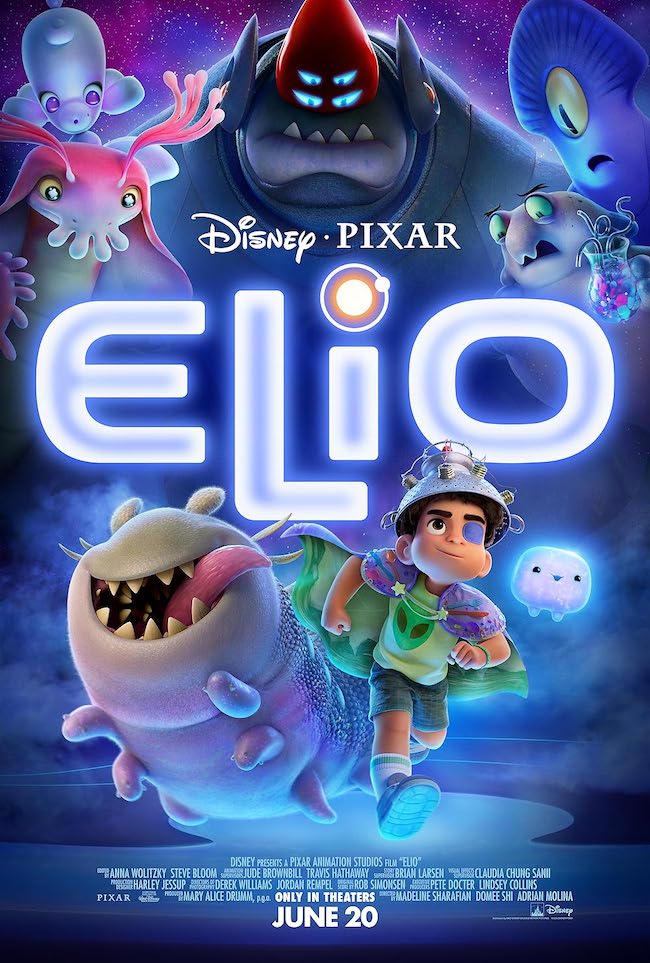
 *Bessy Adut is a filmmaker, film critic, and podcast host based in Los Angeles. A graduate of CalArts and UCLA’s screenwriting program, she’s the creator of “Searching for Goodness,” a podcast and upcoming documentary series spotlighting uplifting stories from around the world.
*Bessy Adut is a filmmaker, film critic, and podcast host based in Los Angeles. A graduate of CalArts and UCLA’s screenwriting program, she’s the creator of “Searching for Goodness,” a podcast and upcoming documentary series spotlighting uplifting stories from around the world.
Related News









